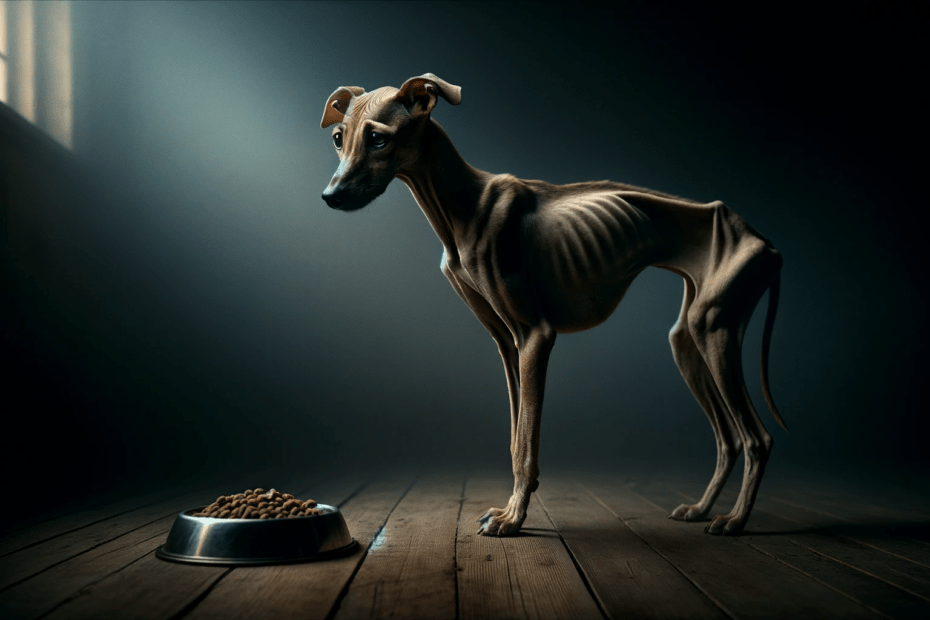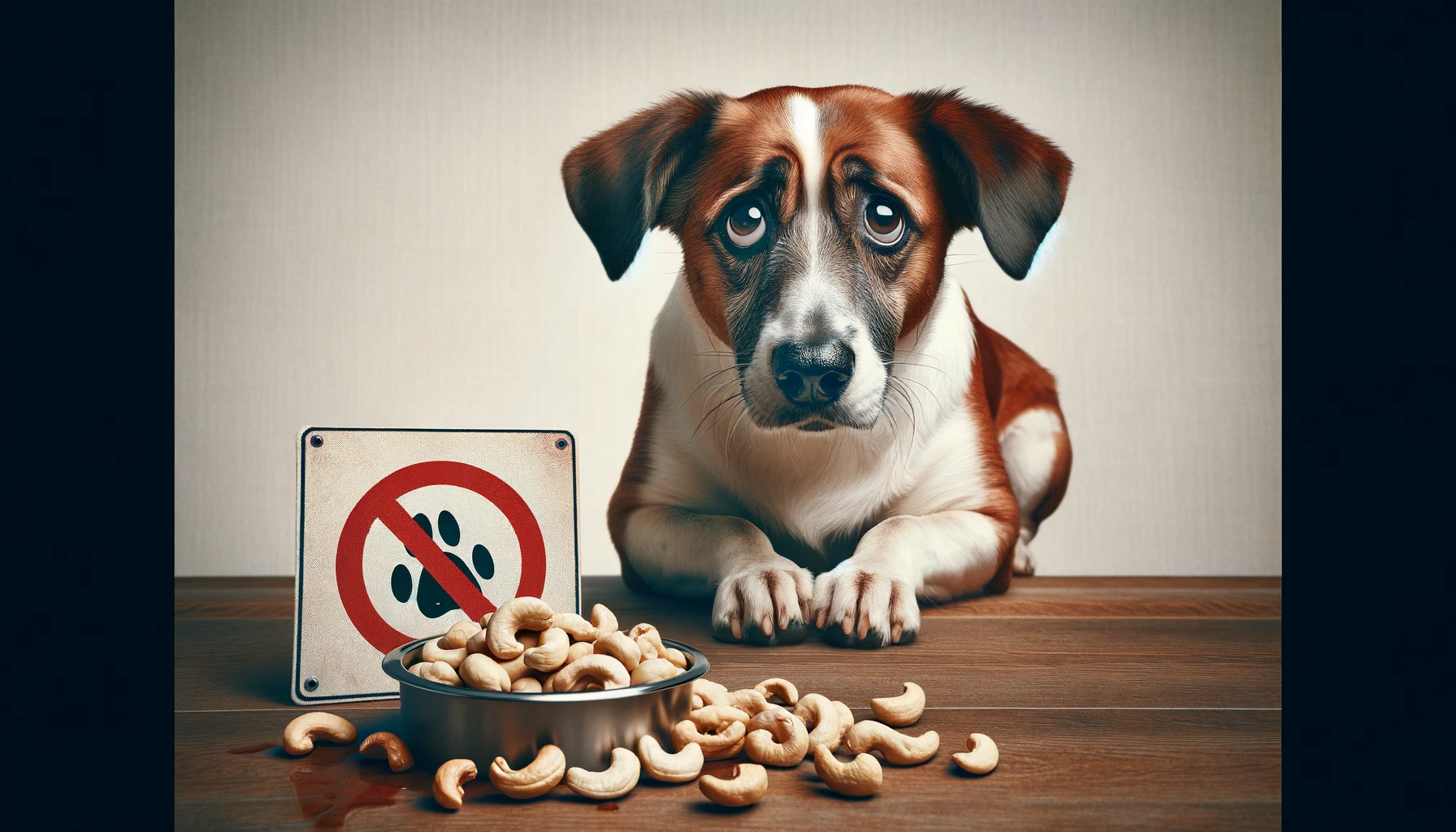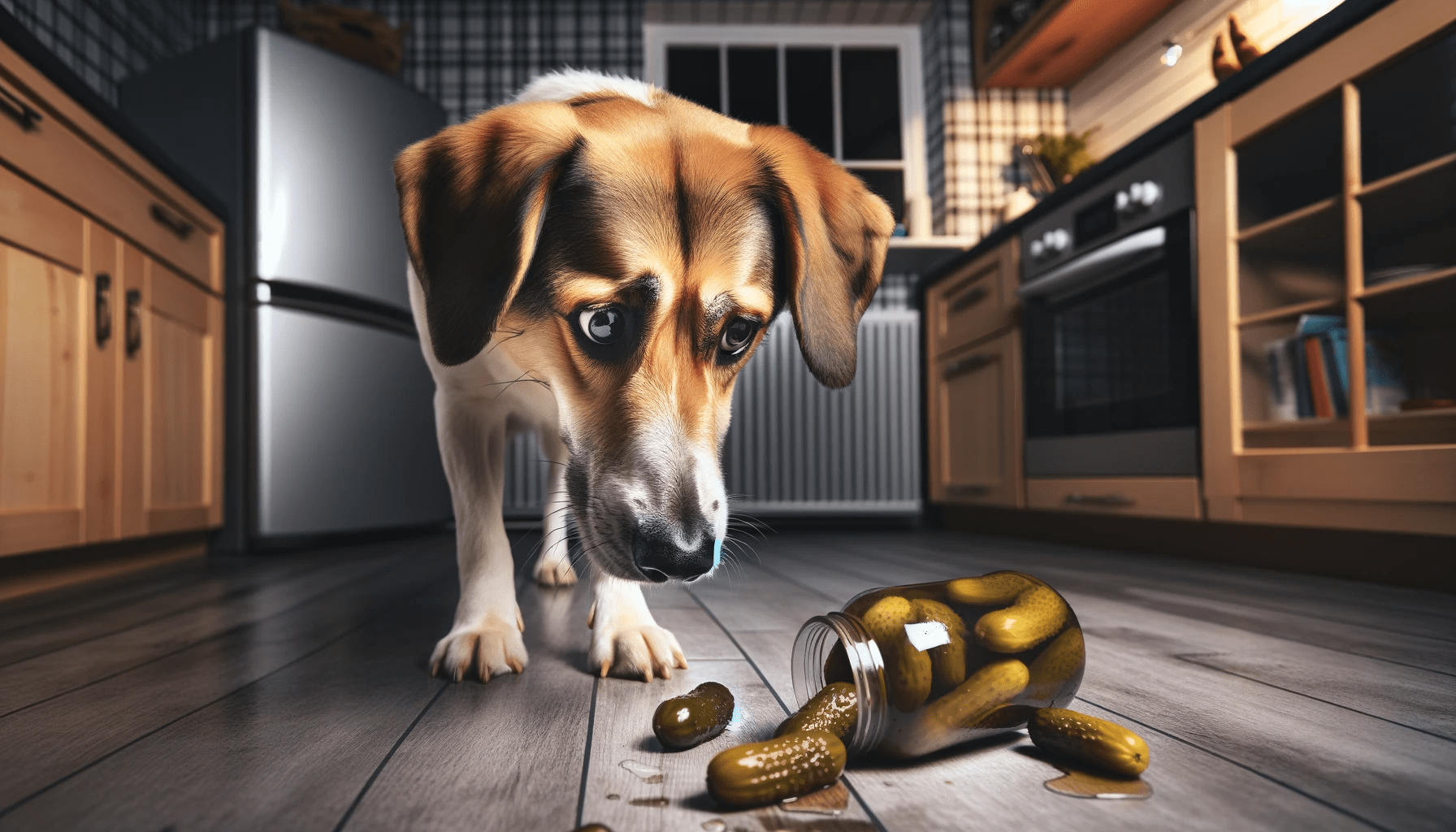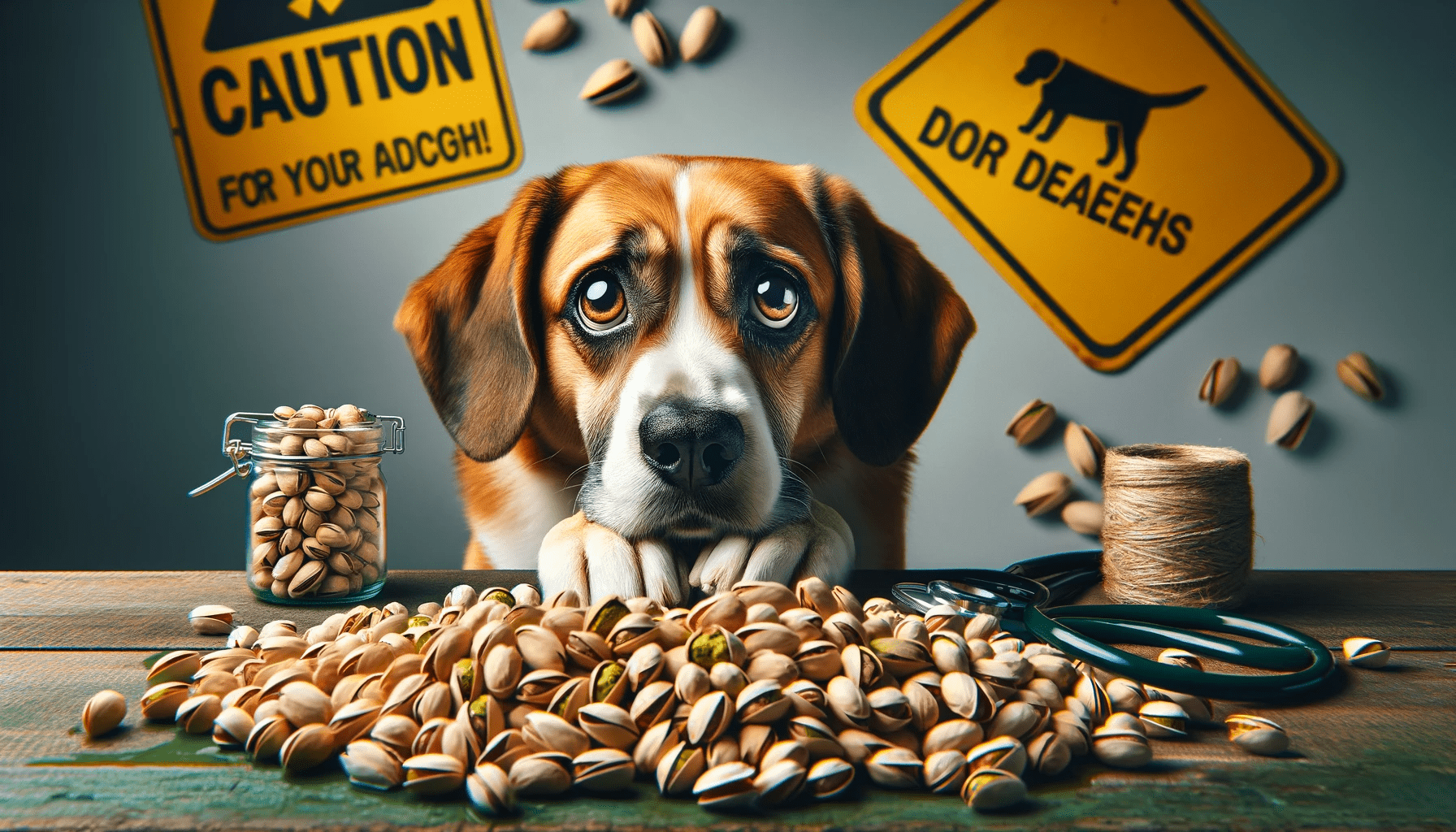Have you ever wondered how long your furry friend can go without chowing down on their favorite treats? Well, wonder no more! This short guide will give you the lowdown on how long a dog can go without eating.
A healthy pup can typically survive for about 3 to 5 days without food, as long as they’re still sipping on that H2O. However, it’s crucial to keep an eye on their hydration levels and overall well-being.
Keep in mind that if your dog has health issues, is expecting or nursing puppies, or is a young pup, their food-free timeframe may be shorter.
So, let’s dive in and learn more about our four-legged friends’ appetites and how to keep them happy and healthy!
Key Takeaways
- A healthy dog can survive for 3 to 5 days without food.
- Factors such as health issues, pregnancy or nursing, and age can affect a dog’s ability to go without food for an extended period.
- Monitoring hydration levels is important as dogs can only go about 24 hours without water before experiencing dehydration symptoms.
- Decreased appetite in dogs can be caused by illness, dental problems, pain, external factors, or being a picky eater, and veterinary advice should be sought if it persists.
Duration of Dog’s Fast
Your dog’s fast can vary in duration depending on their health and size. Generally, healthy adult dogs can go without food for about 3-5 days, as long as they continue to drink water.
However, small-breed puppies have a higher risk and can develop life-threatening hypoglycemia in just 12 hours without food.
It’s important to note that sick dogs can’t go as long without food as healthy ones. If your dog goes more than 48 hours without eating or a day without drinking, it’s crucial to contact a veterinarian immediately.
When dogs stop eating, it could be due to various factors. Lack of appetite can be caused by underlying health issues such as gastrointestinal problems, dental issues, or infections. It’s essential to determine the cause of their refusal to eat to provide appropriate treatment.
Additionally, dogs shouldn’t go for more than 24 hours without drinking water. Although they can survive longer without food, dehydration can lead to serious health complications.
Factors Affecting Dog’s Appetite
One factor that can significantly impact a dog’s appetite is its overall health and well-being. Dogs that are healthy and free from underlying health conditions generally have a stronger appetite and can go longer without eating. However, when a dog is sick or has an underlying health condition, its appetite may be affected, and it may not be able to go as long without food.
Another factor that can affect a dog’s appetite is the amount of time it has gone without eating. While healthy adult dogs can typically go without food for several days, puppies, especially small-breed puppies, have a shorter tolerance and can develop hypoglycemia, a life-threatening condition, within just 12 hours without food. Similarly, senior dogs may also have a shorter tolerance for going without food and may require more frequent meals.
In addition to health and duration without food, other factors such as hydration and overall well-being also play a role in a dog’s appetite. Dogs that are well-hydrated are more likely to have a healthy appetite, as water is essential for proper digestion and metabolism. Additionally, dogs that are stressed, anxious, or in unfamiliar environments may experience a decrease in appetite.
Dog’s Ability to Go Without Food
The dog’s ability to go without food depends on its individual circumstances, such as underlying health conditions, age, and hydration levels. Healthy dogs can go without food for three to five days without eating, as long as they’re still drinking water. However, it’s important to note that this is a general guideline and may vary depending on the specific dog.
Underlying health conditions can significantly impact a dog’s ability to survive without food. Dogs with health issues may not be able to go as long without eating and may require immediate veterinary attention. Similarly, pregnant or nursing dogs have higher nutritional needs and may not be able to survive as long without food.
It’s crucial to monitor a dog’s hydration levels when they’re refusing food. Lack of water can lead to serious health issues, and dogs can only go about 24 hours without water before experiencing significant dehydration symptoms. If a dog stops eating for more than 48 hours or hasn’t had anything to drink within 24 hours, it’s necessary to contact a veterinarian.
Causes of Decreased Appetite in Dogs
What are the common causes of decreased appetite in dogs?
Dogs, like humans, need nourishment to survive. However, there are various factors that can cause a dog to lose interest in their food.
Illness is a common cause of decreased appetite in dogs. Whether it’s an upset stomach or a more serious health condition, such as kidney disease or cancer, dogs may choose to go hours without eating anything.
Additionally, dental problems or mouth discomfort can make it uncomfortable for dogs to chew and consume their regular dog food.
Pain from surgery, injury, or chronic conditions like arthritis can also lead to a loss of appetite in dogs.
Furthermore, external factors such as vaccinations, medications, anxiety, or being a picky eater can contribute to a dog’s refusal to eat.
It’s important to note that adult dogs can go without food for several days, but it’s crucial to monitor their overall health and consult a veterinarian if the decrease in appetite persists.
Understanding the potential causes of decreased appetite in dogs can help pet owners identify and address these issues promptly to ensure their furry friends receive the necessary nourishment.
Tips to Encourage Dog’s Eating
If your dog isn’t eating, there are several tips you can try to encourage their appetite.
It’s important to keep in mind that sometimes dogs can go three days without food, as long as they’re still drinking water. However, if your furry friend isn’t eating and it has been more than three days, or if they’ve stopped drinking water, it’s crucial to seek veterinary advice as it could be a sign of a serious health issue.
One of the first things you can try is to flavor their water with low-salt meat stock or offer small amounts of water using a syringe. This can help stimulate their drinking and may also entice them to eat. Additionally, you can try adding some variety to their diet. Consider switching to different flavors or types of dog food to see if that sparks their interest. It’s important to consult your vet to determine the cause of their decreased appetite.
Another option is to offer small, easily digestible meals throughout the day. You can try feeding your dog smaller portions of their regular food or offer them skinless chicken, boiled rice, or other bland foods. These can be more enticing to a dog that isn’t eating.
Frequently Asked Questions
What Happens When a Dog Doesn’t Eat for 3 Days?
When a dog doesn’t eat for 3 days, physical effects such as weight loss, nutritional deficiencies, and dehydration risks can occur. Behavioral changes may also be observed. Veterinary intervention is crucial to prevent organ failure, digestive system complications, and long-term consequences on overall health.
How Long Is It OK for a Dog Not to Eat?
It is important to address appetite loss in dogs, as they have specific nutritional requirements. Offer different food options, use treats or toppers to encourage eating. Seek veterinary advice if appetite loss persists, monitor weight loss, and address any underlying health issues. Stick to a regular feeding schedule.
How Long Can a Dog Live if He Stops Eating?
If a dog stops eating, it can have serious nutritional consequences, impacting energy levels and causing behavioral changes. Medical conditions, signs of dehydration, and the importance of veterinary intervention should not be overlooked. Managing picky eaters and using supplements can support appetite. Encouraging eating and addressing stress and anxiety are also crucial.
When Should I Be Worried About My Dog Not Eating?
If your dog is experiencing appetite loss, it’s important to be aware of potential causes, such as medical conditions or behavioral changes. Not eating can have serious health implications, so monitoring weight and body condition and seeking professional advice is crucial.
Conclusion
In conclusion, it’s crucial to monitor a dog’s hydration and overall health when they aren’t eating. While a healthy adult dog can go without food for about 3 to 5 days, factors such as underlying health conditions or pregnancy can affect this duration.
Puppies also have different feeding requirements. If a dog shows signs of illness or goes without eating for an extended period, immediate veterinary attention is necessary to avoid potential organ damage or death.
Remember, a well-nourished dog is a healthy dog.






